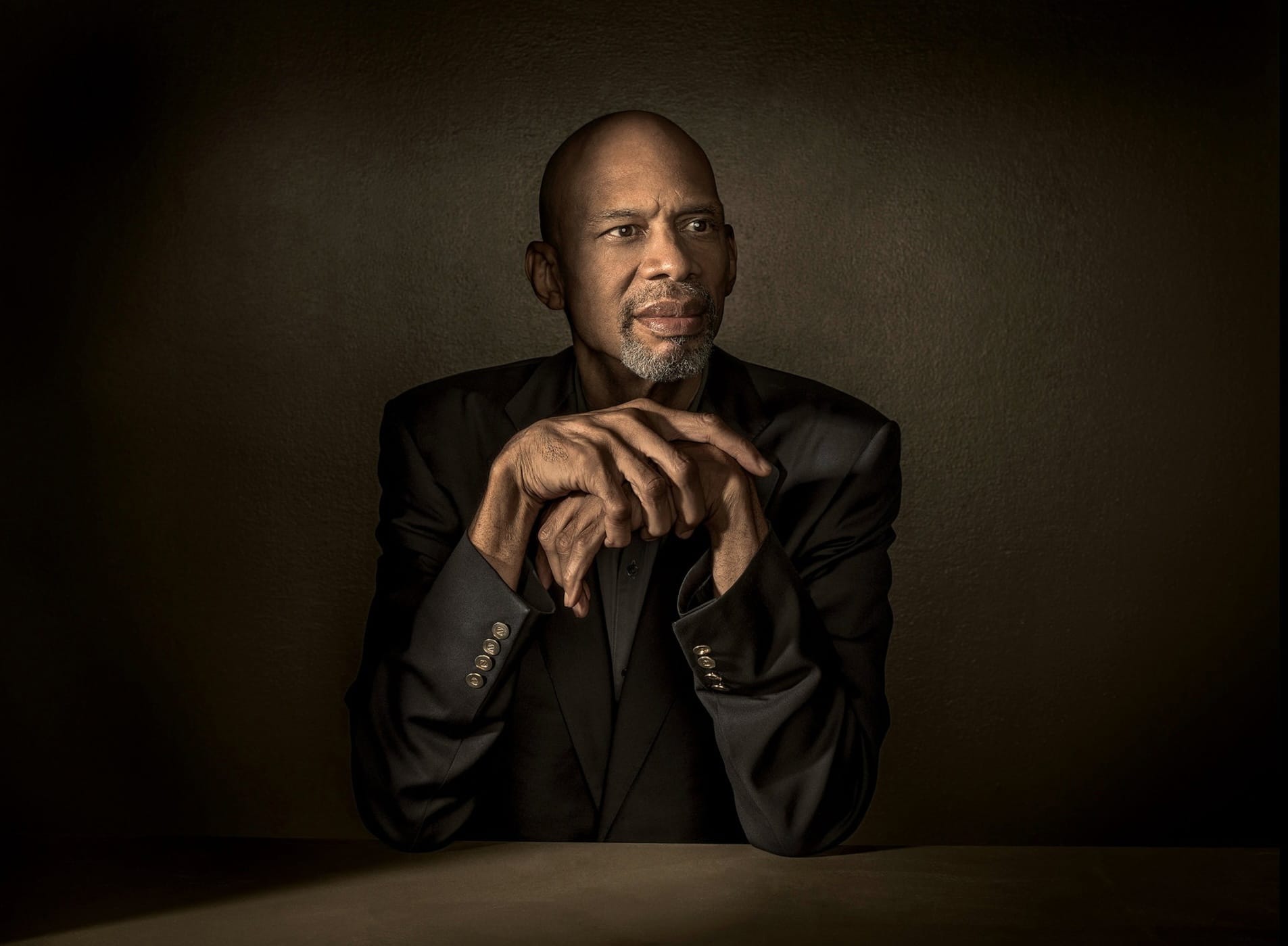Updated
Kareem Abdul-Jabbar’s athletic resume is more lengthy than his 7-foot-2 frame. He’s the NBA’s all-time leading scorer (38,387 career points) while amassing six NBA championships (five with the Los Angeles Lakers and one with the Milwaukee Bucks), six NBA MVP awards and three NCAA titles (with UCLA) — and that’s the brief version.
Now 71 years old, Abdul-Jabbar has added social commentator, cultural ambassador and prolific writer to his list of accomplishments. In advance of his recent appearance in Fresno, Calif., to kick off this year’s San Joaquin Valley Town Hall lecture series, Fresno Bee columnist (and lifelong NBA fan) Marek Warszawski conducted this email interview.
Q: I remember you as being shy and reserved during your playing days. In “retirement” you seem to have a lot more to say particularly on societal issues. Is that a function of being more outspoken with age and station, or are you simply more comfortable expressing yourself?
Kareem Abdul-Jabbar: I’ve always been outspoken, I’ve just not always been as gracious or as articulate about it as I am now. I was 20 when I took part in the Cleveland Summit and 21 when I boycotted the Olympics. But you’re right that I have taken a much more active and prolific role in speaking out. Being older helps because I’ve experienced the glacial pace of social change and I’m not as frustrated about it as I used to be. That doesn’t mean I don’t try to speed it up, just that rather than walk away in anger, I keep at it with more patience.
Q: In 1968 you took a lot of flak for not playing on the U.S. Olympic basketball team and saying “Yeah, I live here, but it’s not really my country.” Forty years later do you feel any differently about the “not really my country” part?
KAJ: That’s one of those sound bites that can be inflammatory if not seen in the proper context. And, let’s face it, we’ve become a nation content with bites and memes and GIFs and less interested in historical, social and political contexts. When I said that, we were in the middle of the Vietnam War, violent social protests, race riots, the women’s movement, the civil rights movement. Dr. King had recently been assassinated. Segregation was still a fact, whether legal or not. I felt, as did many African-Americans, that this was not our country. We were being denied equal rights, equal pay, equal education, and equal opportunities. We lived here, we worked here, we paid taxes — but we were second-class citizens. The sad thing is that 50 years later, even though there have been many advancements, we’re still fighting for some of those same issues.
Read full interview at Pilotonline.com

